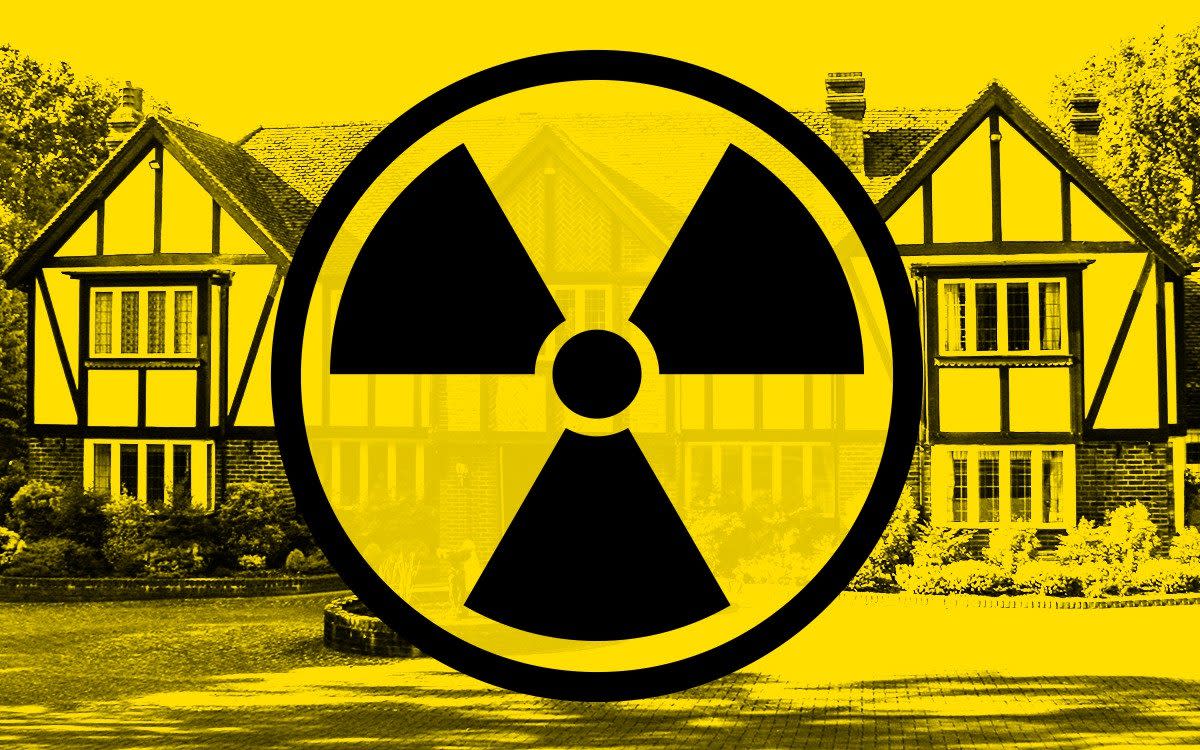Nuclear waste should be used to heat homes, ministers advised

Nuclear waste should be used to heat homes as part of the drive for net zero, ministers have been told.
The UK has a stockpile of plutonium and uranium big enough to power every household in the country for six years, or up to a century if it continues to be re-processed, according to the Adam Smith Institute (ASI).
The think tank is urging the Government to draw on these reserves as a source of clean energy, while liberalising the “sclerotic” planning system to accelerate Britain’s nuclear development.
Some countries, including France and Japan, already recycle their nuclear waste to make fuel. Britain also used to be a world leader in re-processing, but only used the technique recommended by the ASI on a relatively small scale.
The proposals are backed by Nadhim Zahawi, the former chancellor, who said the UK should “look to adopt the best practices of our international peers”.
Electricity demand could double by 2050
According to the Energy White Paper, published in 2020, electricity demand could double by 2050.
In order to meet these new requirements, and the Government’s own ambition to have nuclear make up 25 per cent of Britain’s energy mix, the ASI said it is “imperative” to ramp up development.
The think tank said fuel can be made from nuclear waste by mixing plutonium and uranium compounds, turning the blend into small pellets and heating these in a sintering furnace at 1,700C for 36 hours.
The pellets are then inserted into a fuel tube, welded shut and put into a reactor.
With 140 tonnes of plutonium at the Sellafield nuclear site in Cumbria, of which 100 can be used for this purpose, and thousands of tonnes of uranium in the UK, the ASI estimates that Britain has the resources to create enough fuel to power every household for six years.
If this waste is then re-processed, it said it could provide between 60 and 100 years of power.
The think tank also wants to create a price guarantee for producers of nuclear energy, giving them the confidence to enter the market without the need to lean on state subsidies.
And it is keen to reform the planning system to encourage developers to deliver fleets of reactors, rather than one at a time.
‘Taxpayer costs could be lowered’
Mr Zahawi, a patron of the ASI, said by fast-tracking approval for innovative new technologies, ministers could help drive down costs for taxpayers.
He said: “Whilst I am delighted to see us driving forward with our Great British Nuclear competition, we are running the risk of limiting the ability of privately funded nuclear developments to build the reactors we need to meet our energy and environmental goals.
“By making it easier to build fleets of reactors and giving business the confidence it needs to invest in nuclear power, we can drive down costs for taxpayers in the UK.
“We should also look to adopt the best practices of our international peers, including through safely re-using our nuclear waste to power British homes, and recognising and approving reactors which are already being used abroad.”
A spokesman for the Department for Energy Security and Net Zero said: “It is the decision of individual companies to choose whether they reprocess nuclear fuel. Should any proposals come forward, they would need to meet strict regulatory requirements.
“Our plans to develop new nuclear technologies are being delivered at pace – we recently announced the six companies through to the next stage of our SMR competition which will be announced in the new year, helping secure billions in investment for the sector.
“We are driving forward plans to expand nuclear power in the UK to hit our target of reaching up to 24GW by 2050, and we will soon be publishing our nuclear roadmap to send a clear signal to developers on our ambitions.”

 Yahoo News
Yahoo News 
